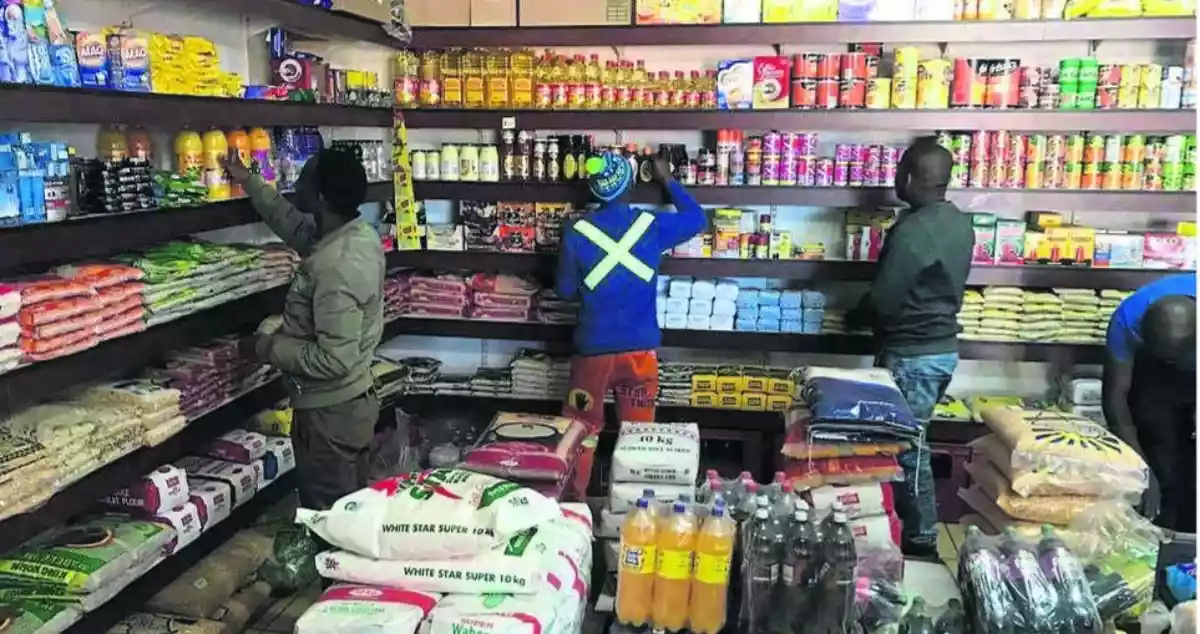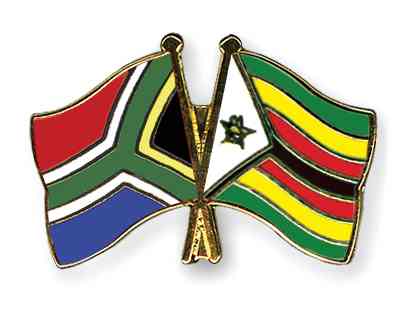
There are mixed feelings about a government proposal to impose a 5% withholding tax for tuckshops and informal traders with critics saying it is an unnecessary burden on small-to-medium enterprises.
Others say the move could lead to some informal traders increasing the prices of basic goods to hedge against the tax burden.
Development economist for Africa Centre for Economic Justice Chenayi Mutambasere said government’s plan to impose a 5% withholding tax on unregistered micro and small enterprises which came into effect on January 31, could inadvertently impose significant challenges on informal traders.
“Many of these informal traders operate on minimal profit margins and lack financial literacy or resources to navigate complex tax systems. The additional tax burden could be perceived as punitive, especially for those whose income is precarious,” she said.
Mutambasere said the flat rate did not account for the varying income levels among informal traders, making it disproportionately burdensome for those with lower earnings.
“Without proper accounting practices, informal traders risk being inaccurately assessed as meeting value added tax thresholds, leading to potential legal and financial repercussions,” she added.
Mutambasere said many families relied on income from informal trading for their daily survival and an additional tax could lead to increased poverty levels.
“The informal sector constitutes a substantial portion of Zimbabwe’s economy, providing livelihoods for numerous families. Implementing the tax without adequate support mechanism may drive informal trade underground, as traders seek to evade taxation and it could lead to decreased tax revenue hence hindering efforts to formalise the sector,’’ she said.
- 5% withholding tax divides opinion
Keep Reading
Mutambasere said the increased financial strain on informal traders might reduce their purchasing power, potentially leading to contraction in consumptive spending and adversely affecting the broader economy.
“The cost of acquiring and maintaining POS [point of sale] machines may be prohibitive for small-scale traders. Many informal traders operate in areas with limited access to electricity and internet connectivity, essential for POS machines to function as they have infrastructural constraints,” she said.
Economist Stevenson Dhliwayo said while the introduction of the 5% tax would likely increase revenue, it could also push the informal sector to under-declare sales proceeds.
“It might lead to reduction in formal to informal transactions and lead to increase in tax avoidance strategies such as cash only transaction, under reporting of sales and the creation of parallel supply chains,” he said.
Dhliwayo said the mandatory use of POS machines would result in formalisation of informal trade.
Economist Vincent Musewe: “The POS machines to be used in the informal sector will be hard to implement as this is a strange idea.










